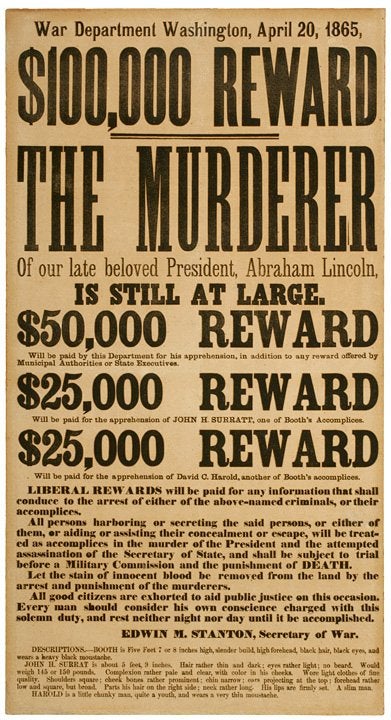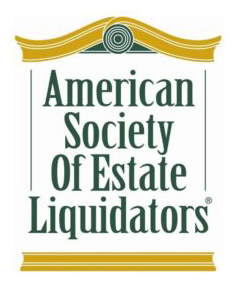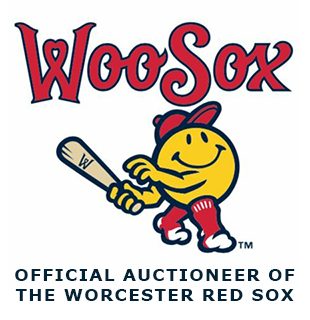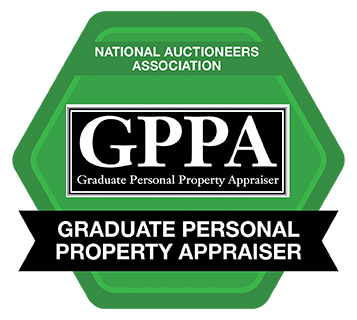Ephemera Auctions: Posters, Tickets, Broadsides, Postcards, and Event Programs
Ephemera is “something of no lasting significance,” according to Merriam-Webster. The second, more-specific definition of ephemera is “paper items (such as posters, broadsides, and tickets) that were originally meant to be discarded after use but have since become collectibles.” In genera, most ephemera is a piece of paper not meant to be preserved.
Contact Central Mass Auctions today to discuss selling your ephemera at auction, or read on to learn more about it.

What is ephemera, exactly?
That category most includes items like posters used to promote events like movies, plays, the circus, sport matches or to advertise products. The posters were typically ripped down after the event or another poster was plastered over them. Ephemera also includes tickets, which were were typically ripped or punched. Most people threw them away as soon as the show or event ended.
Another type of ephemera is the broadside, which is “a sizable sheet of paper printed on one side,” according to Merriam Webster. Broadsides documented events prior to the Revolutionary War, during the Civil War, and throughout other significant times in history. They were intended to convey a message to the public, and were not expected to last long after they were printed.
Other types of ephemera include postcards – which were meant to communicate with family and friends and then be thrown away – as well as programs for a play or sporting event, which provided information on the event and its performers or players. Most were not saved.
When is ephemera valuable?
As with other antiques or collectibles, it is often the things that most people threw away that are the most collectible. That collective throwing-out helps make an item rarer, and in turn can make it more valuable.
Some ephemeral pieces can bring large sums at auction. A 1959 ticket for a John F. Kennedy speech in Nashville, TN signed by JFK, Robert Kennedy and Jackie Kennedy sold for over $8,000. A “Mountain Road” lottery ticket signed by George Washington brought $12,500 this year. (The tickets were sold to raise funds for a proposed road to a resort in Virginia.) A ticket stub for Michael Jordan’s first NBA basketball game from 1984 went for over $36,000 at auction in 2018.
Real photo postcards are actual photographs with a postcard back, and some of those can be quite valuable. A real photo postcard that read “WRIGHT AEROPLANE COLLEGE PARK MD OCT ’09” pictured the Wright Brothers’ airplane. It sold for $10,000 in 2017. A 1964 Beatles postcard signed by all four reached over $18,000. As you might expect, sports-related postcards can be some of the most valuable. A 1915 Red Sox team real photo postcard that showed Babe Ruth during his rookie year fetched $80,000.
A six-color broadside offering sale of Missouri lands in 40 acre or more lots by the Hannibal & St. Joseph’s Railroad brought nearly $20,000 in 2013. A broadside advertising a $100,000 reward for Abraham Lincoln’s assassins sold for $80,000 in 2009. A rare July 1776 printed broadside of the Declaration of Independence sold at auction in 2016. The Massachusetts-Bay Colony’s Authorized Edition was printed by Ezekiel Russell of Salem, MA. It yielded over $500,000.
An 1892 Henri de Toulose-Lautrec poster, “AMBASSADEURS / ARISTIDE BRUANT,” brought $50,000 in 2016. An 1864 campaign poster for Abraham Lincoln and Andrew Johnson sold for $250,000 last year. A 1932 movie poster for the Boris Karloff’s “The Old Dark House,” which was said to be one of two known to exist, went for $950,000 in 2019. Bela Lugosi’s IMDb profile shows his highest salary for a film was $5,000. Lugosi would have had to make 190 films to pay for the poster of his film.




